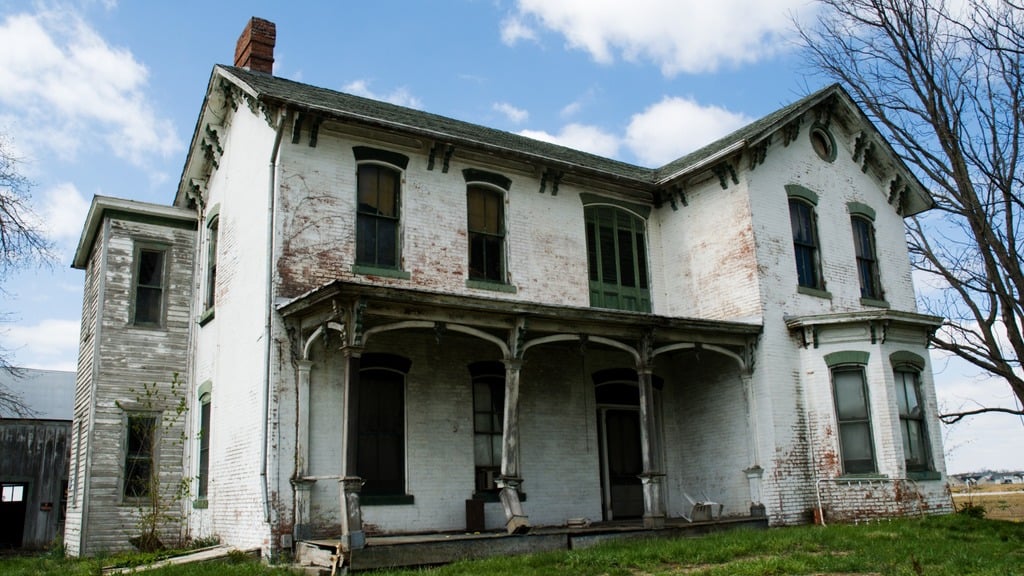As prospective homeowners search for homes for sale in today’s real estate market, they often find themselves confronted with an intriguing option: the fixer-upper. These properties, in various locales such as Hamilton, Burlington, Oakville, and Milton, hold the allure of potential and the promise of creating one’s dream abode. However, like any significant investment, fixer-uppers come with their own set of advantages and disadvantages that real estate agents and first-time home buyers must carefully weigh. In this article, we’ll delve into the pros and cons of venturing into the world of renovating a fixer-upper.
Pros:
Unleashing Creativity: Embracing a fixer-upper allows homeowners to unleash their creative prowess, transforming a blank canvas into a masterpiece. From architectural details to interior design elements, the process of envisioning and executing a unique living space is a gratifying experience.
Lower Purchase Price: One of the most significant advantages of fixer-uppers is their relatively lower price compared to fully renovated properties. Savvy buyers can capitalize on the potential for appreciation once the necessary improvements are made, making it an attractive option for budget-conscious individuals.
Personalization: Unlike turnkey homes, fixer-uppers grant homeowners the freedom to personalize their space to fit their exact preferences and lifestyle. This level of customization is a rare gem in today’s real estate landscape.
Investment Returns: If executed well, renovating a fixer-upper can yield substantial returns on investment. Improving the property’s condition and value can lead to significant equity growth over time, making it a wise financial move for long-term homeowners.
Cons:
Hidden Costs: While fixer-uppers might appear budget-friendly initially, they can quickly reveal hidden costs beneath their charming façade. Unforeseen structural issues, electrical problems, or plumbing nightmares can lead to unexpected expenses, straining the budget beyond expectations.
Time-Consuming: Renovating a fixer-upper demands time and patience. From planning and obtaining permits to the actual construction phase, the process can stretch on for months or even years before the home reaches its full potential.
Stress and Decision Overload: The abundance of choices and decisions involved in the renovation process can overwhelm even the most composed homebuyer. From selecting materials and finishes to deciding on layouts, the myriad of choices can lead to decision fatigue.
Uncertain Outcome: Despite meticulous planning, there’s always an inherent risk that renovations might not yield the desired outcome. Unexpected design clashes or market changes could result in a home that fails to meet expectations or doesn’t align with current trends.
Conclusion:
In the ever-evolving landscape of real estate, fixer-uppers continue to captivate the imagination of adventurous homeowners. The thrill of creating a personalized sanctuary, coupled with the potential for financial gains, can make these properties alluring prospects. However, it’s crucial for potential buyers to recognize the challenges that come with renovating a fixer-upper, such as hidden costs, time constraints, and the uncertainty of the final product.
Before embarking on this journey, it’s advisable to engage the expertise of a seasoned real estate agent familiar with the local market and experienced in handling fixer-upper transactions. With their guidance, aspiring homeowners can make informed decisions and navigate the intricate process of purchasing and transforming a fixer-upper into their dream home. In the end, it’s the perfect balance of vision, patience, and diligence that will transform a fixer-upper into a beloved abode worth cherishing for years to come.


